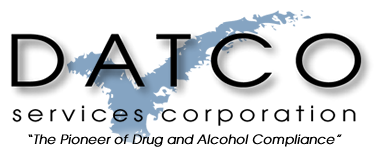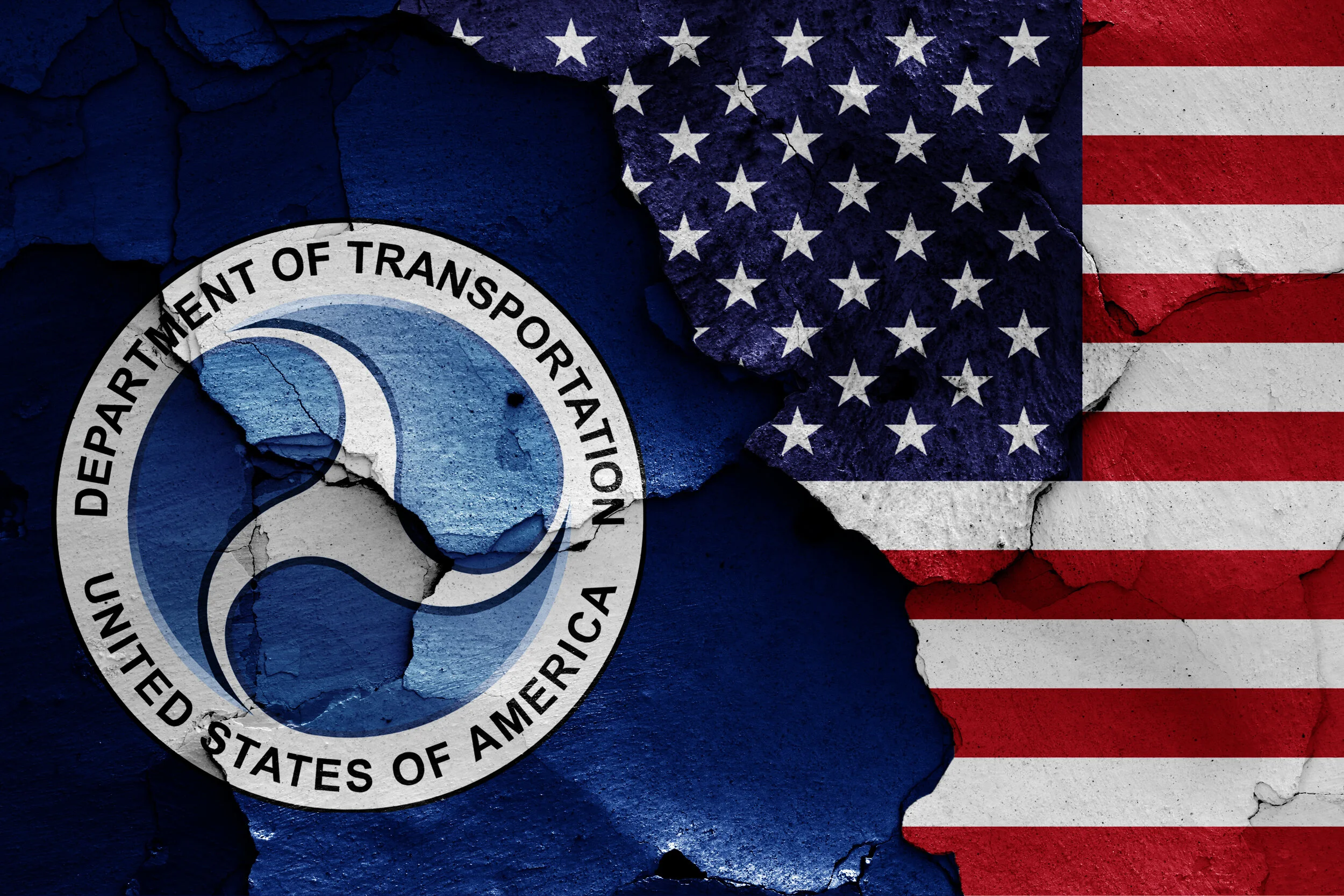Iowa Evaluates its Drug-Free Workplace Statute
Iowa’s Drug-Free Workplaces Act has been one of the country’s most comprehensive and complex drug testing statutes since its passage in 1998.
Early in June of this year, the state's Supreme Court issued decisions on two court cases, Dix v. Casey’s General Stores Inc. and Woods v. Charles Gabus Ford, Inc., that established more clarifications on the requirements of Iowan employers and the compliance levels they must achieve to conduct drug testing.
The original provisions of the act in Iowa Code section 730.5 set forth the drug testing requirements for employers, including:
The procedure to be utilized,
The notice that an employer must provide to an employee following a positive test,
The group of employees who may be required to submit to unannounced, random testing,
The written policy contents that must be maintained and disclosed to employees,
And conditions for employer immunity from employee claims related to testing.
The Dix v. Casey’s General Stores Inc. case involved an employer who had changed its drug and alcohol testing policy to allow for random testing of employees in safety-sensitive positions. When a group of warehouse employees was randomly selected to submit to a random urine drug test, three of the four plaintiffs tested positive, and the fourth did not provide a sample and assumingely voluntarily resigned from employment.
In Woods v. Charles Gabus Ford, Inc., an employee whose drug test results were positive could not be reached by the doctor who administered the test, and was trying to give the employee their results. The doctor subsequently called the employer, who terminated the employee’s employment. The employee was mailed a letter stating that they had the option to pay for a confirmatory test, but the cost of the test was not identified.
For the Dix case, Iowa’s Supreme Court ruled that the employees in question could not be deemed to hold safety-sensitive positions due to the environment in which they worked and the heavy equipment used around them. However, the employer did meet substantial compliance when choosing a selection process to decide which employees would be tested, the medical review officer succeeded in providing post-test communications, and the list of drugs to be tested for was provided.
The employer in the Woods case was met with a different decision. Iowa’s statute mandates that an employee receives written notice of their test results by certified mail, return receipt requested, and notice of the fee for the confirmatory test. Since the employer did not send the employee’s letter by return receipt requested, the employer was not in drug and alcohol compliance.
Court Decision Takeaways:
Some errors may not automatically lead to liability. In the case of Dix, an employer was allowed to proceed with testing based off a list of employees that was scheduled in advance, even though the list was inaccurate by the time testing was completed.
However, as seen in Woods, an error as small as neglecting to include in a notice letter the cost of confirmatory retesting may result in an employer violating drug and alcohol compliance.
We recommend that Iowan employers review section 730.5 and their testing policies to ensure that they are in compliance with state drug and alcohol requirements. DATCO can help you implement appropriate testing policies, provide required supervisor trainings, administer tests, and inform employees of results.




















